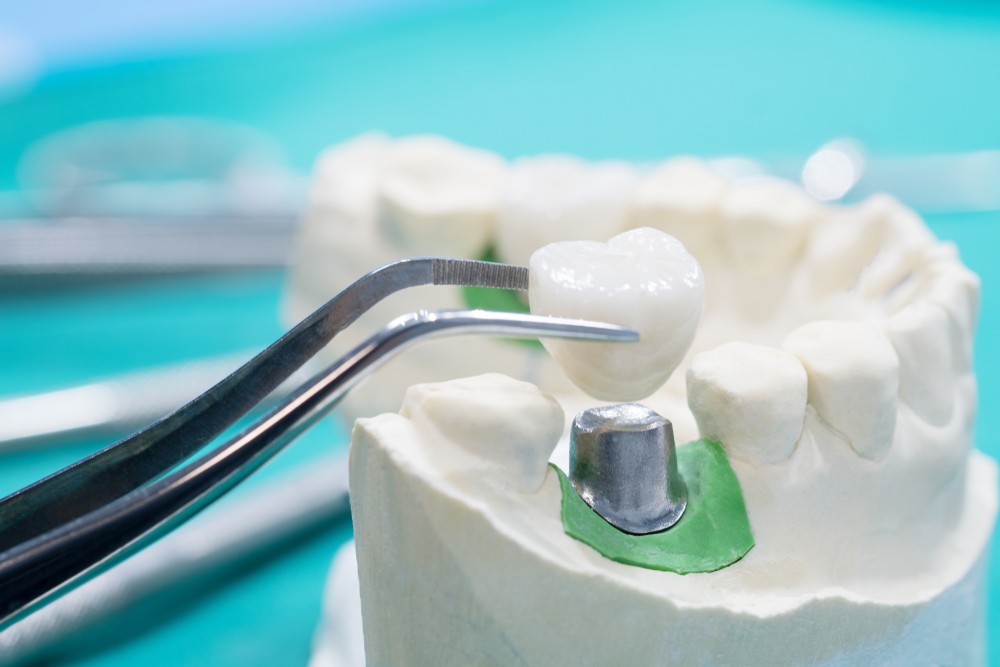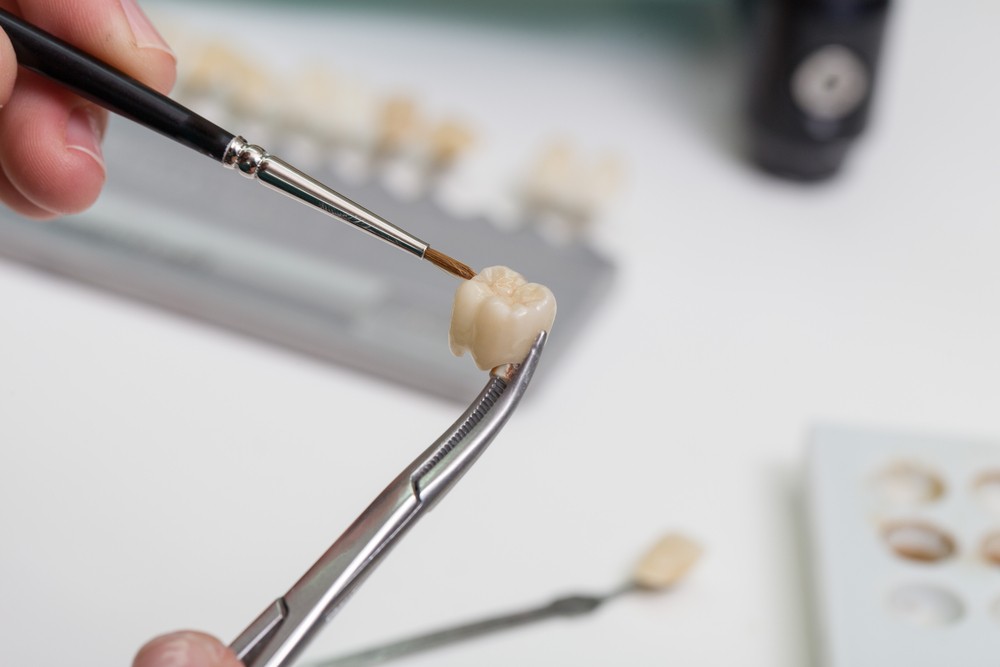 Getting a dental crown can be a nerve-wracking experience for anyone, but the procedure is nothing to be afraid of. Think of your crown as a deluxe filling – the Cadillac of fillings, if you will. A crown is a great way to restore your tooth without being obvious. If your dentist recommends you have a crown put on, congratulations – most likely your natural tooth can be saved!
Getting a dental crown can be a nerve-wracking experience for anyone, but the procedure is nothing to be afraid of. Think of your crown as a deluxe filling – the Cadillac of fillings, if you will. A crown is a great way to restore your tooth without being obvious. If your dentist recommends you have a crown put on, congratulations – most likely your natural tooth can be saved!
 There are many different disorders and defects of the teeth. One you may not have heard of is enamel hypoplasia. It’s a bit of a tongue twister, but basically it means that the tooth or teeth affected do not have fully developed enamel (in fact, the word hypoplasia means "underdeveloped"). Enamel hypoplasia is caused by cells called ameloblasts, which don’t properly form or incur damage during the tooth’s development. Enamel hypoplasia presents itself on the tooth as white or brown spots, or pitting in the tooth itself.
There are many different disorders and defects of the teeth. One you may not have heard of is enamel hypoplasia. It’s a bit of a tongue twister, but basically it means that the tooth or teeth affected do not have fully developed enamel (in fact, the word hypoplasia means "underdeveloped"). Enamel hypoplasia is caused by cells called ameloblasts, which don’t properly form or incur damage during the tooth’s development. Enamel hypoplasia presents itself on the tooth as white or brown spots, or pitting in the tooth itself.
Unfortunately, people with enamel hypoplasia often get cavities more easily and frequently on their affected tooth or teeth, so offering those teeth an extra layer of protection is vital.
 If you think of how dental technology has changed over the decades from the days of wooden dentures and boar-bristle toothbrushes, it’s pretty astounding. But for all the advances in how we care for and examine teeth, there has not been much change in the way we heal teeth - until now. That’s because scientists at King’s College in London are creating a self-regenerating tooth.
If you think of how dental technology has changed over the decades from the days of wooden dentures and boar-bristle toothbrushes, it’s pretty astounding. But for all the advances in how we care for and examine teeth, there has not been much change in the way we heal teeth - until now. That’s because scientists at King’s College in London are creating a self-regenerating tooth.
 Whether you’ve just gotten your first set of dentures or you’re a seasoned pro at wearing them, don’t fall into the trap of thinking that just because you have dentures you no longer need to care for your oral health. In fact, improperly cleaned or poorly fitting dentures can be just as dangerous to the mouth as failing to care for natural teeth.
Whether you’ve just gotten your first set of dentures or you’re a seasoned pro at wearing them, don’t fall into the trap of thinking that just because you have dentures you no longer need to care for your oral health. In fact, improperly cleaned or poorly fitting dentures can be just as dangerous to the mouth as failing to care for natural teeth.
Crowns were once the best possible fix in dentistry. They gave decayed teeth their strength back and alleviated pain for the time being.
However, this kind of restoration does immediate and irreversible damage. When preparing teeth for a crown, all sides (including the biting surface) must be drilled away. Crown material also tends to break, causing the need for replacement every few years. Even with crowns, cracks often grow over time and a root canal becomes a necessary to resolve the problem. Cavities are also difficult for the dentist to detect because the entire tooth is covered.
Using the principles of Biomimetic Dentistry, we practice a minimally invasive approach. Rather than tearing away vital structure, we work to build the tooth back up for healthy restorations that look and function just like natural teeth. In some cases, we avoid the drill all together by using air abrasion technology to remove decay. Biomimetic restorations are more comfortable for patients in the short term and produce long-lasting results.
If you have any questions about Biomimetic Dentistry restorations, please contact us today at 516-882-1764.




